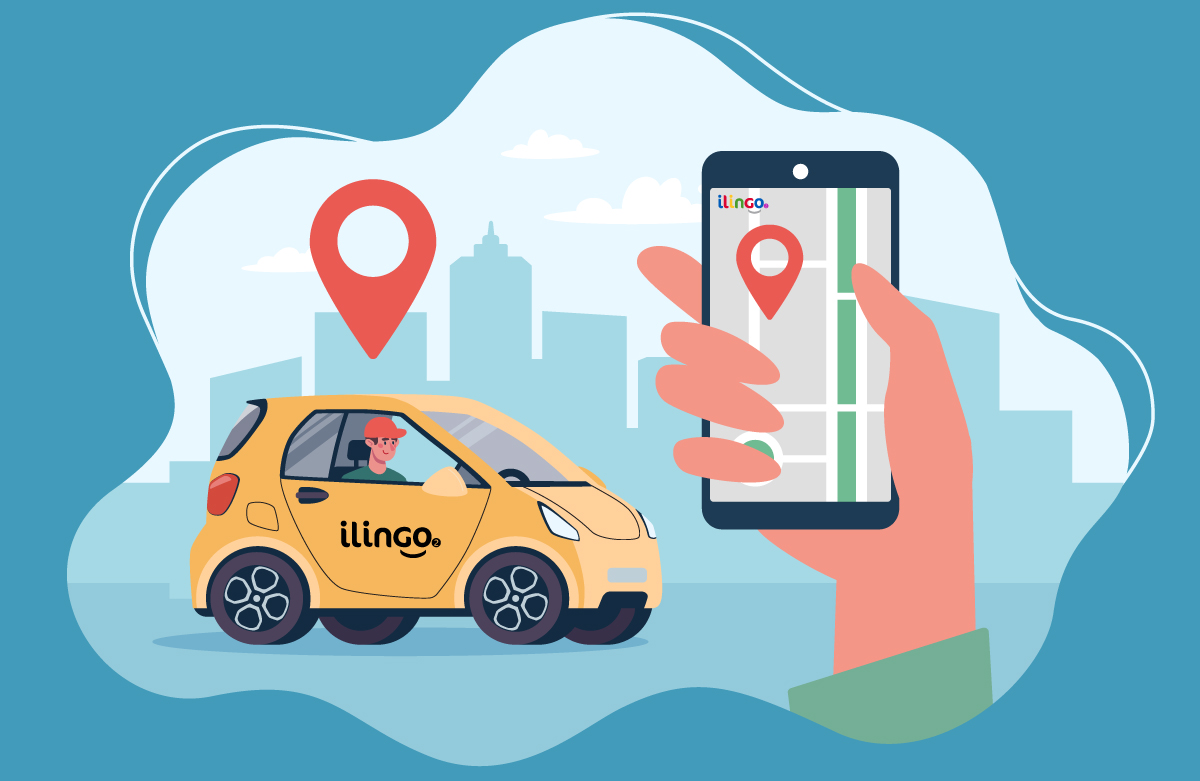Nov 2, 2021
Transportation in Workers’ Comp: Going the Extra Mile
4 min read
For a long time, one of the major barriers to care in workers’ compensation was transportation. Patients were at a disadvantage if they didn’t have a license or a car, had a disability, or their injury didn’t permit driving.
Now, more and more workers’ comp providers are working with third parties to ensure their clients can get the treatment and services they need.
A Matter of Accessibility
No matter your business or profession, accessibility means making your services available and usable to all. In the case of workers’ compensation, everyone deserves proper treatment when injured.
Treatment may require access to medical providers, pharmacies, court hearings and gradual return-to-work options, but clients can’t obtain these services without transportation to them.
As many as 3.6 million people miss medical appointments every year due to a lack of reasonable transportation.
The Result: Delayed Recovery
A patient may avoid an urgent doctor’s visit or hospital trip because they can’t drive, don’t have someone available to help, and aren’t willing to pay the cost, resulting in worsened injuries and prolonged recovery.
Even when lack of transportation means missing a non-urgent visit, it can be weeks before an in-network doctor is able to reschedule. In turn, the injury may worsen due to a lack of proper care—further impeding recovery and delaying the return-to-work process. If it gets bad enough, the patient may go to the emergency room or seek unprescribed drugs to ease their pain.
Many return-to-work programs also require transportation to the onsite work facility. Some workers can start working again with limited hours or at a reduced capacity even while unable to drive themselves. For example, a foot injury or prescription may make operating large machinery unsafe while desk work remains manageable.
In these cases, transportation is a critical part of helping injured workers return to their former lifestyle in a timely manner.
Why Should Insurance Providers Care?
The simple answer is a matter of morals; a lack of access can delay recovery or leave employees with long-term symptoms that negatively impact the rest of their life. At the same time, it affects insurance providers because missed appointments result in more expensive and drawn-out claims.
Offering a transportation service also provides a competitive advantage against other workers’ comp insurers. It eases clients’ minds to know you have this aspect under control and that their employees’ needs are covered. Nowadays, it’s one of the features businesses look for when selecting a provider.
What About Mileage Reimbursement and Ridesharing?
When it comes to making transportation accessible to injured workers, there are three standard options:
- Mileage reimbursement
- Ridesharing
- Third-party services
Using a third-party service is the best option for most workers’ comp insurers.
On one hand, mileage reimbursement is only an option for injured employees who can still drive. The goal is to reimburse them for the miles they have driven for appointments and medications.
The reimbursement method assumes that the individual has access to a car or mode of transportation. It doesn’t work for individuals who may get rides to work from someone who can’t drive them everywhere else. Even workers with vehicles may be unable to drive because of their injury or resulting prescriptions.
Reimbursement can also be a hassle and puts the worker in charge of tracking trips, mileage, and transportation costs. This may increase overall costs: those who know they aren’t paying aren’t incentivized to choose more affordable options.
On the other hand, ridesharing services like Uber or Lyft can become expensive as prices surge depending on location and time of day. They also aren’t guaranteed to be accessible; a limited number of ridesharing drivers can accommodate someone in a wheelchair, further raising the cost of each ride.
Meanwhile, third-party professional services have a variety of vehicles. Choosing the service also keeps the claims office entirely in charge, making it easier to manage costs.
As a bonus, professional services are capable of scheduling rides and sending out reminders. Those that work with workers’ compensation providers often, like iLingo2, know to keep the claims office in the loop. They can share detailed notes regarding their service, trip history, and when a patient misses their appointment.
What to Look for in a Transportation Service
If you choose to work with a professional transportation service, there are a few things to look for.
First and foremost, you want to make sure that they are accessible to injured workers. They need to be able to accommodate a variety of needs, so workers with injuries or disabilities can get to their appointments comfortably.
At iLingo2, we offer a variety of vehicles for different needs and situations:
- Sedan/Ambulatory
- Wheelchair Vans
- Gurney Equipped Vans
- Ambulance/Air Ambulance
- Medical Escort
- Commercial Airline and Hotel Services
All transportation providers should also have their own insurance in case of an accident.
Another feature to look for is trustworthiness. It’s best to find a provider that has experience with injured workers and that screens their drivers so you know they are capable.
We also recommend using a transportation provider with multilingual drivers. Doing so makes it easier for patients who aren’t fluent in English to communicate with drivers, contributing to a more patient-centric solution. Language barriers are another accessibility issue in workers’ comp, and minorities are less likely to have a car.
Make Transportation a Priority
Ensuring that injured workers have transportation to the care they need is a vital part of the healing and return-to-work process. By making it a priority, you not only make your service more competitive while meeting higher standards, but you do the right thing for those whose lives are in your hands.